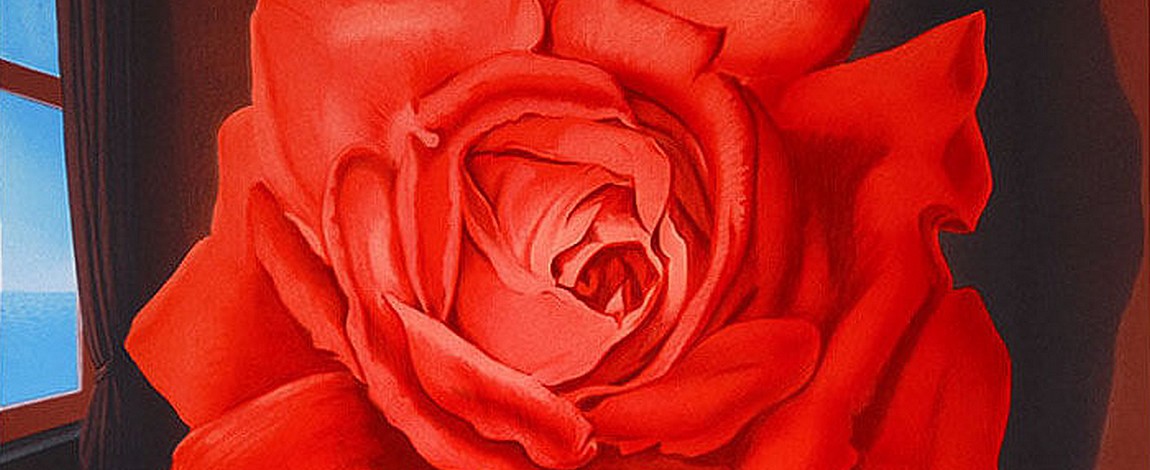
"As Lord Merlin was a famous practical joker, it was sometimes difficult to know where jokes ended and culture began. I think he was not always perfectly certain himself."
We found this quote in Nancy Mitford's Pursuit of Love (1945), a novel about an upper-class family, the Radletts. It focuses on the life of one of the daughters, Linda, the cousin and best friend of the narrator, Fanny Logan. It begins shortly after the end of World War I and ends during World War II when both women are in their thirties.
The novel features Lord Merlin, a neighbour of the Radletts (neighbours because the land is side by side, but the two houses are a few miles away). Lord Merlin is regarded as the most extravagant person in the region. He doesn't like to hunt or fish. He devotes many resources to decorating and providing his house (like the house of the Radletts, built at the 18th century) with the best. He often has guests, which is normal, but it is not normal at all that the guests are usually artists and foreigners. Even more unusual is that he has a small theatre in the garden where plays by Jean Cocteau or Kurt Weill are offered.
Nancy Mitford knew the world she wrote about well. She was the daughter of Baron Redesdale, and in her novel there is no shortage of autobiographical traits or characters inspired by real people. For instance, Lord Merlin closely resembles a good friend of the writer, Gerald Hugh Tyrwhitt-Wilson (1883–1950), better known as Lord Berners after he inherited the title (and linked heritage) in 1918 when he was thirty-five. Although the young Tyrwhitt-Wilson was interested in the arts, and would have wanted to train as a musician, his father was against it and decided for him to pursue a diplomatic career. He served in Constantinople from 1909 to 1911, and in Rome from 1909 to 1919. When he became Lord Berners, he decided to resign and retire to Faringdon House, the mansion described in Pursuit of Love. Today, it still stars in British architectural and interior design magazines.
There, he used to receive personalities such as Salvador Dalí, Aldous Huxley, Igor Stravinsky, Sergei Diaghilev, Evelyn Waugh, H. G. Wells, Gertrude Stein or Elsa Schiaparelli (it was said he was the best host). Furthermore, he also devoted himself to writing, painting, and composition. After his death, Mitford would say that his sense of elegance, fantasy, and humor was so great that it masked his artistic talent. However, those who knew him would appreciate it. He was commissioned to compose music for a ballet by Diaghilev (The Triumph of Neptune, 1926), and the Lefevre Gallery in London hosted two exhibitions of his works in 1931 and 1936. LHe also published two autobiographical volumes and several novels. On the one hand, they were well received, but on the other hand, they scandalised and increased his fame as an eccentric (his private life was far from the uses of the time).His friend and one of his few music teachers in a self-taught training, Stravinsky, said that Lord Berners was the only major living English composer at the time, and also that he was "the English Satie".
There is a lot to be said about the first statement; no doubt that his eclecticism and style were so far from the revival of English music that he was considered unique. I find, however, that the latter describes his music very well: with a great sense of humor and without many pretensions (without this meaning poor quality). His songs are very funny because he knew the different styles of German, French and English songs and how to use them to say what he wanted to. I wonder if he should have met Francis Poulenc because his music somehow reminds me of him.
Given that you, my dear readers, have listened to many songs, you will identify the style of parlour songs (already old-fashioned in 1941) when you listen to the piece I propose to you this week. It's St. George's week, so we have a song with roses, with a revealing title: Red Roses and Red Noses. If you allow me the suggestion, first listen to the song without paying attention to the lyrics, only enjoying the music of Felicity Lott and Graham Johnson, and again listen to it, this time, paying attention to what it says.
I hope you have a good day of St. George next Sunday, with many red roses. About red noses… well, I don't know, as you consider.
Some people praise red roses:
But I beg leave to say
That I prefer red noses.
I think they are so gay.
A Kempis says we must not cling
To things that pass away:
Red noses last a life-time –
Red roses but a day.
Red roses blow but thrice a year
In June, July or May:
But owners of red noses
Can blow them ev’ry day.

















Comments powered by CComment